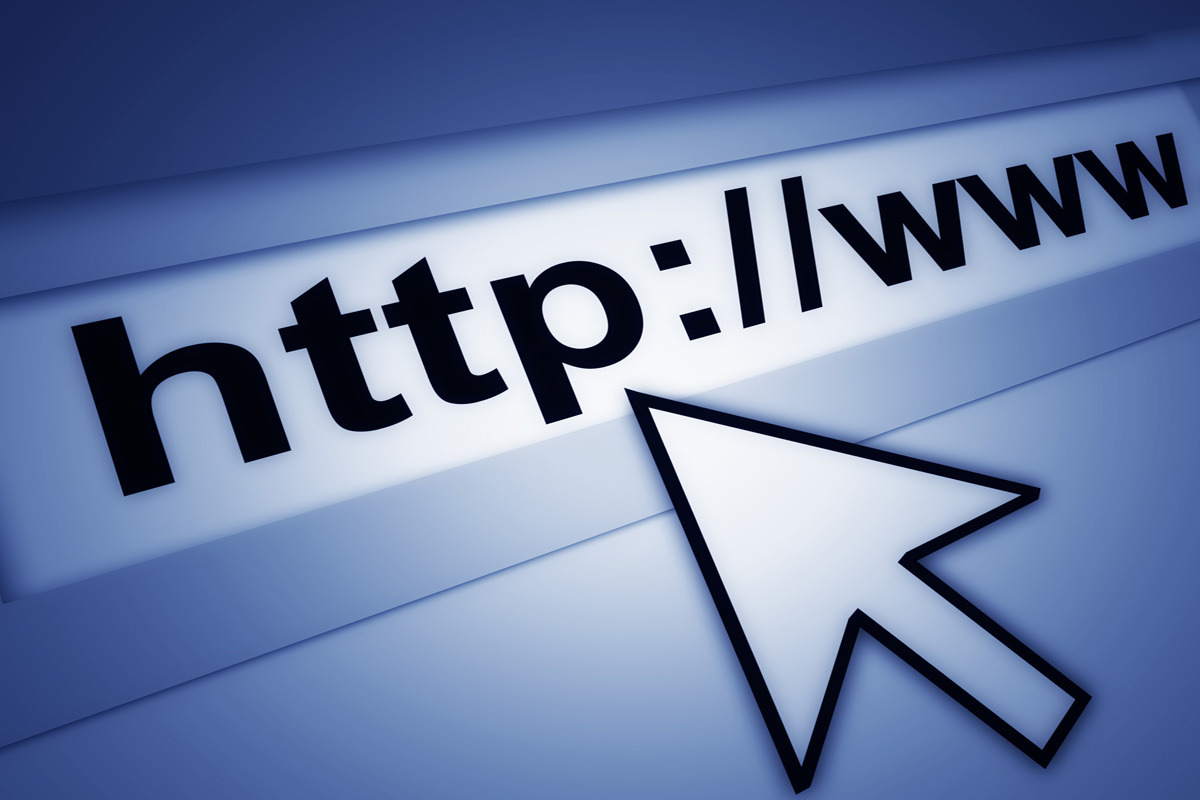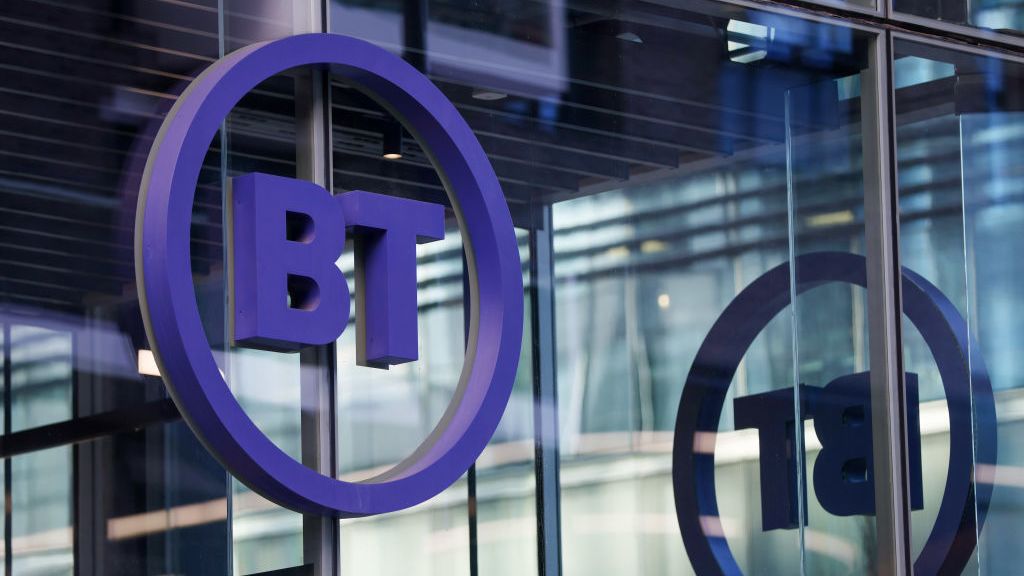Berners-Lee argues net neutrality case
Sir Tim Berners-Lee pushes his pro-net neutrality argument during a Government-held roundtable.


Web creator Sir Tim Berners-Lee argued the case for net neutrality during a Government-held roundtable yesterday.
Communications minister Ed Vaizey brought together industry and consumer groups, including the BBC and Facebook, to discuss the issue of an open internet.
"While transparency about traffic management policy is a good thing, best practices should also include the neutrality of the net," Berners-Lee said.
"The web has grown so fast precisely because we have had two independent markets, one for connectivity, and the other for content and applications."
Jim Killock, executive director of the Open Rights Group, and another attendee at the meeting, claimed internet service providers (ISPs) were "not putting forward anything that looks like meaningful self-regulation."
"In contrast with the US, where rules are being put in place through the FCC (Federal Communications Commission), or Norway where ISPs have agreed a meaningful code, our ISPs are not offering us what we and the UK economy needs," Killock said.
"If that continues to be the case, then Ed Vaizey will find himself with the task of breaking the log jam."
Get the ITPro daily newsletter
Sign up today and you will receive a free copy of our Future Focus 2025 report - the leading guidance on AI, cybersecurity and other IT challenges as per 700+ senior executives
Another attendee was Dominique Lazanski, from campaign group the Big Brother Watch, who told IT PRO little was achieved at the meeting.
"There is nothing new on the net neutrality front - or rather nothing earth shattering," Lazanski said.
"Basically, Ed Vaizey and Ofcom are going to take a cautious approach on it and see how the voluntary code of practice goes."
The issue could escalate when, on 25 May, the EU Directive is set to make transparency on traffic management an obligation.
Ofcom is also due to release guidance on how it will look out for transparency breaches, among other open internet issues, Lazanski noted.
Despite the apparent stalemate at the meeting, which also featured the likes of Yahoo, Skype and Ofcom, Vaizey described the roundtable as "productive."
Vaizey previously voiced a preference for a two-tier internet, saying ISPs should be allowed to manage their networks and charge content providers and users for faster access.
Yesterday, he praised the move by a number of ISPs to be more transparent with their traffic management.
Earlier this week, BT, Virgin Media and Sky were amongst a host of companies who signed up to a new code of practice, drafted by the Broadband Stakeholders Group (BSG), to reveal how they restrict broadband speeds.
"It is good to see that industry has taken the lead on agreeing greater transparency for their traffic management policies," Vaizey said.
"I am pleased that someone with the expertise of Sir Tim has agreed to work with industry on expanding that agreement to cover managing and maintaining the open internet."
The communications minister said the agreement should ensure users could access all legal content, whilst no discrimination against content providers on the basis of commercial rivalry should exist.
Furthermore, traffic management policies should be clear and transparent, Vaizey added.
Following the meeting, BSG chief executive (CEO) Antony Walker said any decision on net neutrality should be "based on the realities of what is happening in the UK market, rather than what is happening elsewhere in the world."
"The challenge ahead is to build a common view on how we safeguard the benefits of the open internet whilst also ensuring ongoing investment and innovation," he added.
Tom Brewster is currently an associate editor at Forbes and an award-winning journalist who covers cyber security, surveillance, and privacy. Starting his career at ITPro as a staff writer and working up to a senior staff writer role, Tom has been covering the tech industry for more than ten years and is considered one of the leading journalists in his specialism.
He is a proud alum of the University of Sheffield where he secured an undergraduate degree in English Literature before undertaking a certification from General Assembly in web development.
-
 Cleo attack victim list grows as Hertz confirms customer data stolen
Cleo attack victim list grows as Hertz confirms customer data stolenNews Hertz has confirmed it suffered a data breach as a result of the Cleo zero-day vulnerability in late 2024, with the car rental giant warning that customer data was stolen.
By Ross Kelly
-
 Lateral moves in tech: Why leaders should support employee mobility
Lateral moves in tech: Why leaders should support employee mobilityIn-depth Encouraging staff to switch roles can have long-term benefits for skills in the tech sector
By Keri Allan
-
 Modern enterprise cybersecurity
Modern enterprise cybersecuritywhitepaper Cultivating resilience with reduced detection and response times
By ITPro
-
 Where will AI take security, and are we ready?
Where will AI take security, and are we ready?whitepaper Steer through the risks and capitalize on the benefits of AI in cyber security
By ITPro
-
 The autonomous customer 2023
The autonomous customer 2023whitepaper Protecting the human experience in a digital world
By ITPro
-
 Meta to pay $725 million in Cambridge Analytica lawsuit settlement
Meta to pay $725 million in Cambridge Analytica lawsuit settlementNews The settlement closes the long-running lawsuit into how Facebook's owner, Meta, handled the Cambridge Analytica scandal
By Ross Kelly
-
 Meta's earnings are 'cause for concern' and 2023 looks even bleaker
Meta's earnings are 'cause for concern' and 2023 looks even bleakerAnalysis Calls for investor faith in metaverse tech only emphasise the worries that its investment strategy won't pay off
By Rory Bathgate
-
 BT's new platform promises to slash AI development time from months to days
BT's new platform promises to slash AI development time from months to daysNews AI models have previously taken the company six months to deploy safely but this will now be reduced to just six days thanks to a new machine learning-driven internal platform
By Connor Jones
-
 Microsoft and Meta announce integration deal between Teams and Workplace
Microsoft and Meta announce integration deal between Teams and WorkplaceNews Features from both business collaboration platforms will be available to users without having to switch apps
By Connor Jones
-
 Facebook is shutting down its controversial facial recognition system
Facebook is shutting down its controversial facial recognition systemNews The move will see more than a billion facial templates removed from Facebook's records amid a push for more private applications of the technology
By Connor Jones